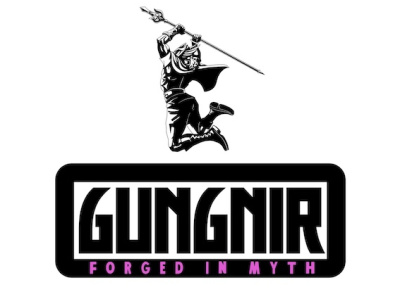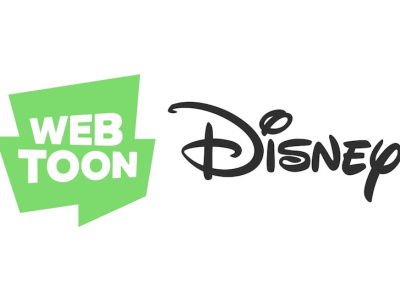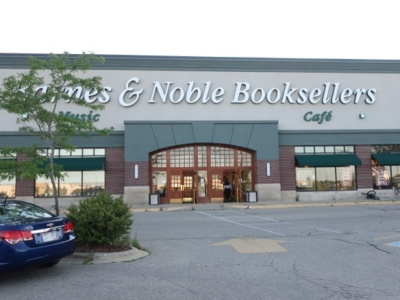 Amazon has opened a new front in its conflict with Hachette (see "Amazon Digging in for Long War with Hachette"), making a senior executive of the company available to the Wall Street Journal’s Jeffrey Trachtenberg to make its case to investors and the public. Meanwhile, it has settled its dispute with Warner Home Video and has re-instated preorder buttons on its titles.
Amazon has opened a new front in its conflict with Hachette (see "Amazon Digging in for Long War with Hachette"), making a senior executive of the company available to the Wall Street Journal’s Jeffrey Trachtenberg to make its case to investors and the public. Meanwhile, it has settled its dispute with Warner Home Video and has re-instated preorder buttons on its titles.In the Wall Street Journal interview, Amazon SVP Kindle Content Russ Grandinetti said the company was willing to take a hit to its reputation from its downgrade of service on Hachette titles, and had done so before in such disputes. He acknowledged publicly for the first time that we’re aware that the dispute was over e-book pricing.
The WSJ’s Trachtenberg noted that Amazon has a 40% share of all new books sold, driven higher by its 64% share of the e-book market (from Codex Group numbers), but Grandinetti pushed back on the idea that it has outsize clout, pointing to the fact that almost all of the big book houses are part of large media conglomerates.
In the meantime, Amazon continues to punish Hachette’s (and subsidiary Yen’s) print sales by not taking preorders, cutting discounts, and reducing purchases and selling backstock with extensive shipping delays. There’s no sign of any progress toward a settlement of this dispute, which has gone on for months, from either company’s public statements.
Amazon has settled its dispute with Warner Home Video (which also affected Viz, see "Amazon Pulls Pre-Order Buttons on Warners, VIZ Videos"), however, and has reinstated preorders on its titles. It’s unclear what that dispute was about, and it never reached the level of Amazon’s dispute with Hachette (the sanctions were limited to preorder buttons). That apparently left less distance to be spanned to reach an agreement, as the preorder buttons in that case were down for less than a month.
Amazon, which has been under pressure from its investors to improve its margins, is clearly pursuing a coordinated strategy of hardball negotiating with its suppliers. The shape of the retail market for the products Amazon sells (which began with books, moved to home video shortly thereafter, and now encompasses nearly everything) is going to be affected, whether by opportunity during the dispute (see "B&N Selling Hachette GNs at 54-57% Off"), or by the terms Amazon ends up negotiating as a result.







